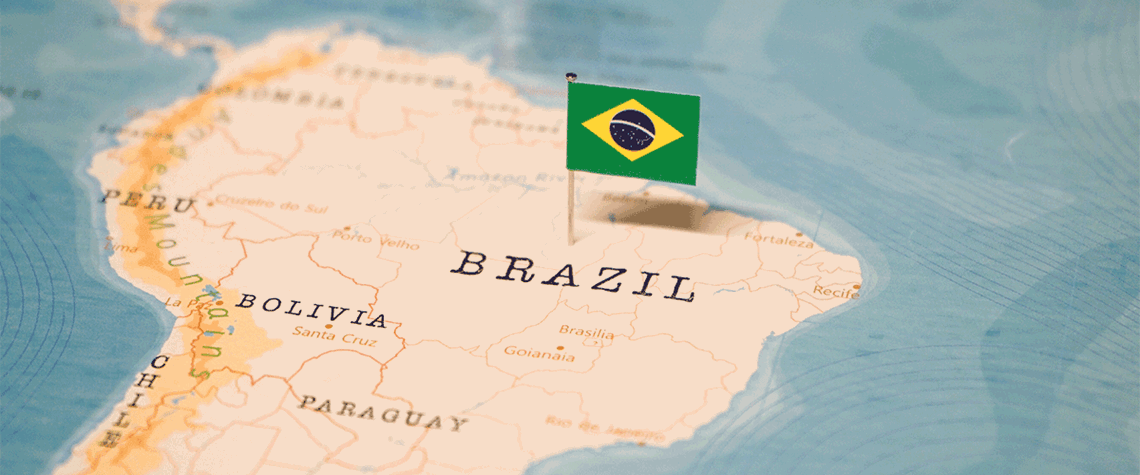Brazil sets sights on regulated carbon market
Authorities eye design of EU ETS as they seek legislation to help fast-track decline in emissions through a cap-and-trade market
The Brazilian government is getting serious about strengthening the country’s nascent carbon market. Speaking at the COP28 summit in Dubai, President Luiz Inacio Lula da Silva promised to slash domestic emissions by 53% by 2030, before achieving carbon neutrality by mid-century. The government had also hoped to pass new carbon regulations in time for the summit. Beyond legislation promoting carbon credit projects and the voluntary carbon market (VCM), Brazil lacks distinct regulations at either the federal or state level. For heavy industry, there is still little incentive to cut carbon emissions and few punishments for exceeding limits. However, this could soon be about to change. In Octobe

Also in this section
9 January 2026
A shift in perspective is needed on the carbon challenge, the success of which will determine the speed and extent of emissions cuts and how industries adapt to the new environment
2 January 2026
This year may be a defining one for carbon capture, utilisation and storage in the US, despite the institutional uncertainty
23 December 2025
Legislative reform in Germany sets the stage for commercial carbon capture and transport at a national level, while the UK has already seen financial close on major CCS clusters
15 December 2025
Net zero is not the problem for the UK’s power system. The real issue is with an outdated market design in desperate need of modernisation







